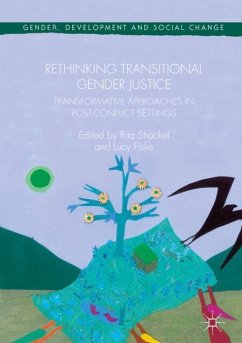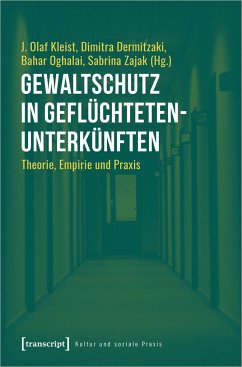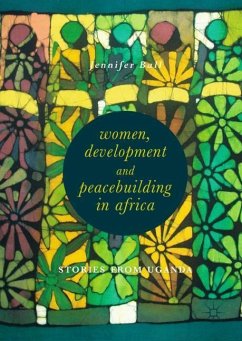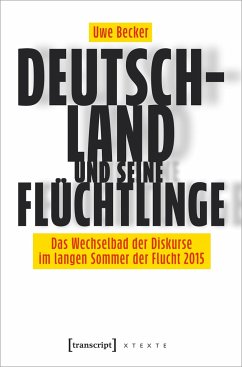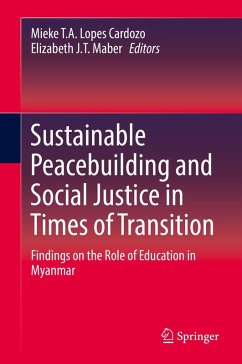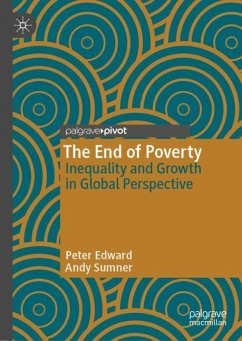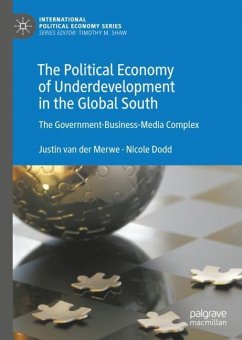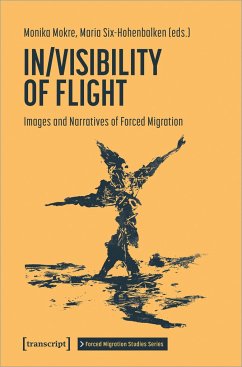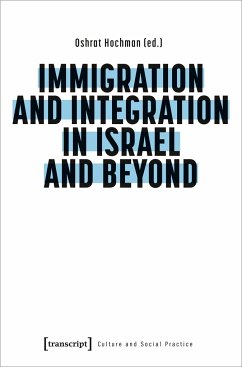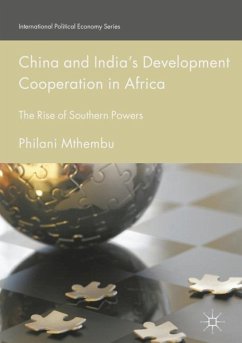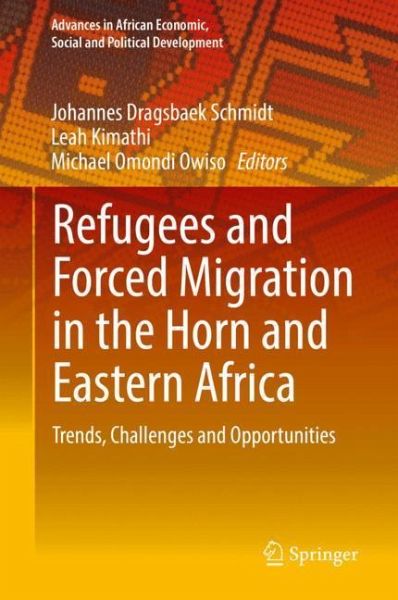
Refugees and Forced Migration in the Horn and Eastern Africa
Trends, Challenges and Opportunities
Herausgegeben: Schmidt, Johannes Dragsbaek; Kimathi, Leah; Owiso, Michael Omondi

PAYBACK Punkte
49 °P sammeln!
This volume sheds new light on the refugees and forced migration at the Horn of Africa and East Africa. Adopting a multidisciplinary perspective, it traces historical, structural, and geopolitical factors to reveal the often brutal uprooting of people in a region that hosts more than three million refugees and almost six million internally displaced persons (IDPs). By doing so, it enriches our understanding of the socio-economic, geopolitical and humanitarian causes and implications of migration and population displacement.The book is divided into five parts, focusing on different drivers of i...
This volume sheds new light on the refugees and forced migration at the Horn of Africa and East Africa. Adopting a multidisciplinary perspective, it traces historical, structural, and geopolitical factors to reveal the often brutal uprooting of people in a region that hosts more than three million refugees and almost six million internally displaced persons (IDPs). By doing so, it enriches our understanding of the socio-economic, geopolitical and humanitarian causes and implications of migration and population displacement.
The book is divided into five parts, focusing on different drivers of involuntary displacement and people's uprooting: The first part covers geopolitical conflicts rooted partly in the colonial and Cold War geographies. The second part then focuses on security aspects and conflicts, while the third looks at encampment and refugee policies as well as refugee agencies. Part four highlights issues of forced repatriation and human trafficking. Lastly, part five analyzes the dynamics of refugee camps.
The book is divided into five parts, focusing on different drivers of involuntary displacement and people's uprooting: The first part covers geopolitical conflicts rooted partly in the colonial and Cold War geographies. The second part then focuses on security aspects and conflicts, while the third looks at encampment and refugee policies as well as refugee agencies. Part four highlights issues of forced repatriation and human trafficking. Lastly, part five analyzes the dynamics of refugee camps.





